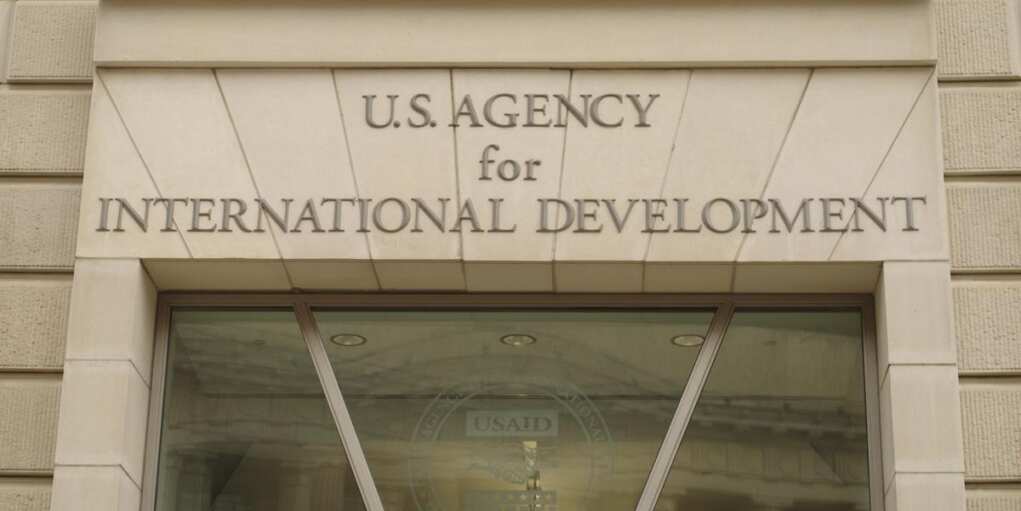Establishment Republicans Undermine Trump’s Bold Overhaul of USAID

In a move that has sent shockwaves through Washington, President Donald Trump, with the strategic acumen of Elon Musk at the helm of the Department of Government Efficiency (DOGE), has initiated a comprehensive dismantling of the U.S. Agency for International Development (USAID). This decisive action aims to eliminate what the administration perceives as a breeding ground for bureaucratic inefficiency and misaligned foreign aid expenditures. However, rather than rallying behind this bold initiative, a faction of establishment Republicans is expressing reservations, revealing a rift within the party that threatens to impede meaningful reform.
The Bold Move to Rein in USAID
USAID, established in 1961, has long been the face of America’s foreign aid, channeling billions of taxpayer dollars into international development projects. Critics, including President Trump and Secretary of State Marco Rubio, argue that the agency has deviated from its original mission, funding programs that do not align with core U.S. interests. In a decisive move, DOGE, under Musk’s leadership, has begun the process of shuttering USAID, reallocating essential functions to the State Department, and eliminating what they describe as superfluous and ideologically driven initiatives.
Establishment Republicans’ Hesitation
Despite the administration’s clear mandate, a contingent of establishment Republicans is voicing concerns. Senators such as Jerry Moran of Kansas and Susan Collins of Maine have articulated apprehensions about the potential impacts on their constituencies, particularly regarding agricultural exports and research funding that have been historically tied to USAID programs. This cautious stance underscores a broader reluctance within the party to fully embrace the administration’s aggressive streamlining of federal agencies.
The Cost of Inaction
This internal dissent is not without consequence. By hesitating to support the dismantling of a demonstrably bloated and mismanaged agency, these establishment figures risk perpetuating a status quo that has long been criticized for its lack of accountability and effectiveness. The administration’s critics argue that maintaining USAID’s current structure not only squanders taxpayer money but also undermines the very objectives of U.S. foreign policy by funding programs that may inadvertently counteract national interests.
A Call for Unity and Resolve
The path to efficient governance requires unwavering commitment to principle over parochial interests. Establishment Republicans must recognize that the electorate has entrusted them with a mandate to enact substantive change. Upholding outdated bureaucracies at the expense of fiscal responsibility and strategic clarity is a disservice to the American people. It is imperative that the party coalesces around the President’s vision for a leaner, more effective government that prioritizes national interests and judicious use of taxpayer funds.
Conclusion
The administration’s initiative to overhaul USAID represents a pivotal moment in the pursuit of government efficiency and accountability. While change of this magnitude inevitably encounters resistance, it is incumbent upon all members of the Republican Party to align with the principles of reform that propelled them into office. By doing so, they will honor their commitment to the American people and fortify the nation’s position both domestically and on the global stage.









